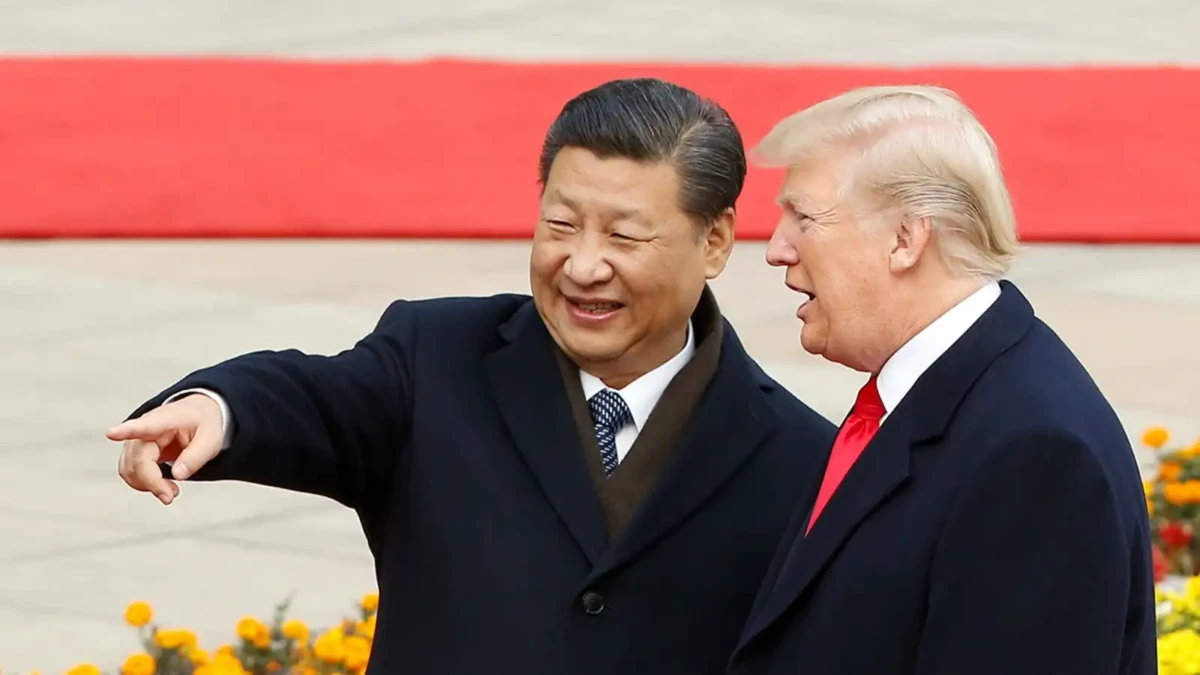The global economy is currently grappling with severe challenges as U.S.-China trade disputes escalate, creating a “new normal” filled with uncertainty and possible long-term consequences. Key developments include China’s tightening of rare earth export controls and the U.S. administration’s threat of 100% tariffs on Chinese imports, increasing tensions between these major economies.
The World Trade Organization (WTO) has voiced serious concerns over this situation. Director-General Ngozi Okonjo-Iweala has called for de-escalation of trade conflicts, warning that a complete economic decoupling may reduce global GDP by as much as 7% long-term. She emphasized the necessity for dialogue and cooperation to sustain global economic and trade stability.
In response, the International Monetary Fund (IMF) has adjusted its 2025 global growth forecast to 3.2%, attributing this to alleviated tariff impacts and better financial conditions. However, the IMF cautions that renewed trade tensions could jeopardize this outlook, potentially reducing global growth by 1.2 percentage points in 2026 and up to 1.8 points by 2027.
The Bank of Japan (BOJ) is also exercising caution regarding interest rate hikes, with Governor Kazuo Ueda highlighting the need for more data due to ongoing trade disputes. Meanwhile, within the U.S., the pharmaceutical sector is exploring collaboration with China, with Pfizer’s CEO Albert Bourla noting that China now accounts for 30% of global drug development activities. He underscored the importance of leveraging China’s strengths in this competitive field.
Overall, the intensifying U.S.-China trade disputes are overshadowing the global economic outlook, compelling international bodies and policymakers to advocate for de-escalation and cooperation to alleviate potential long-term economic repercussions.












Leave a comment